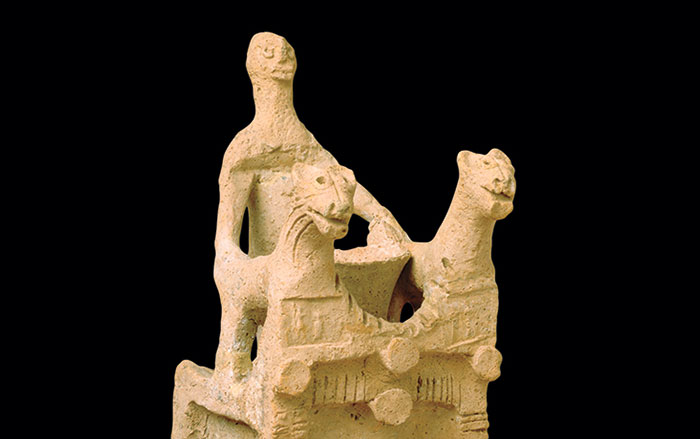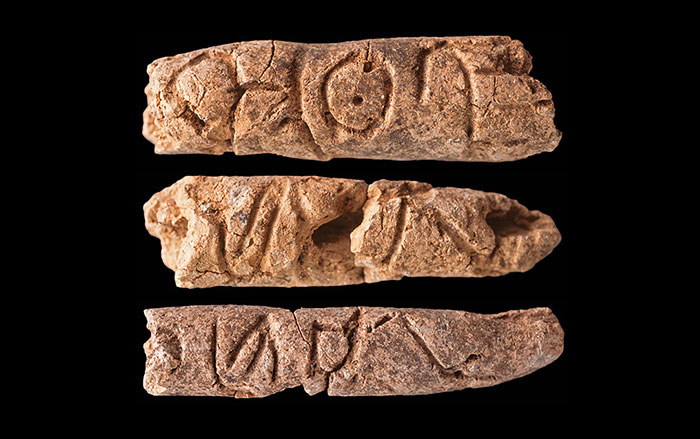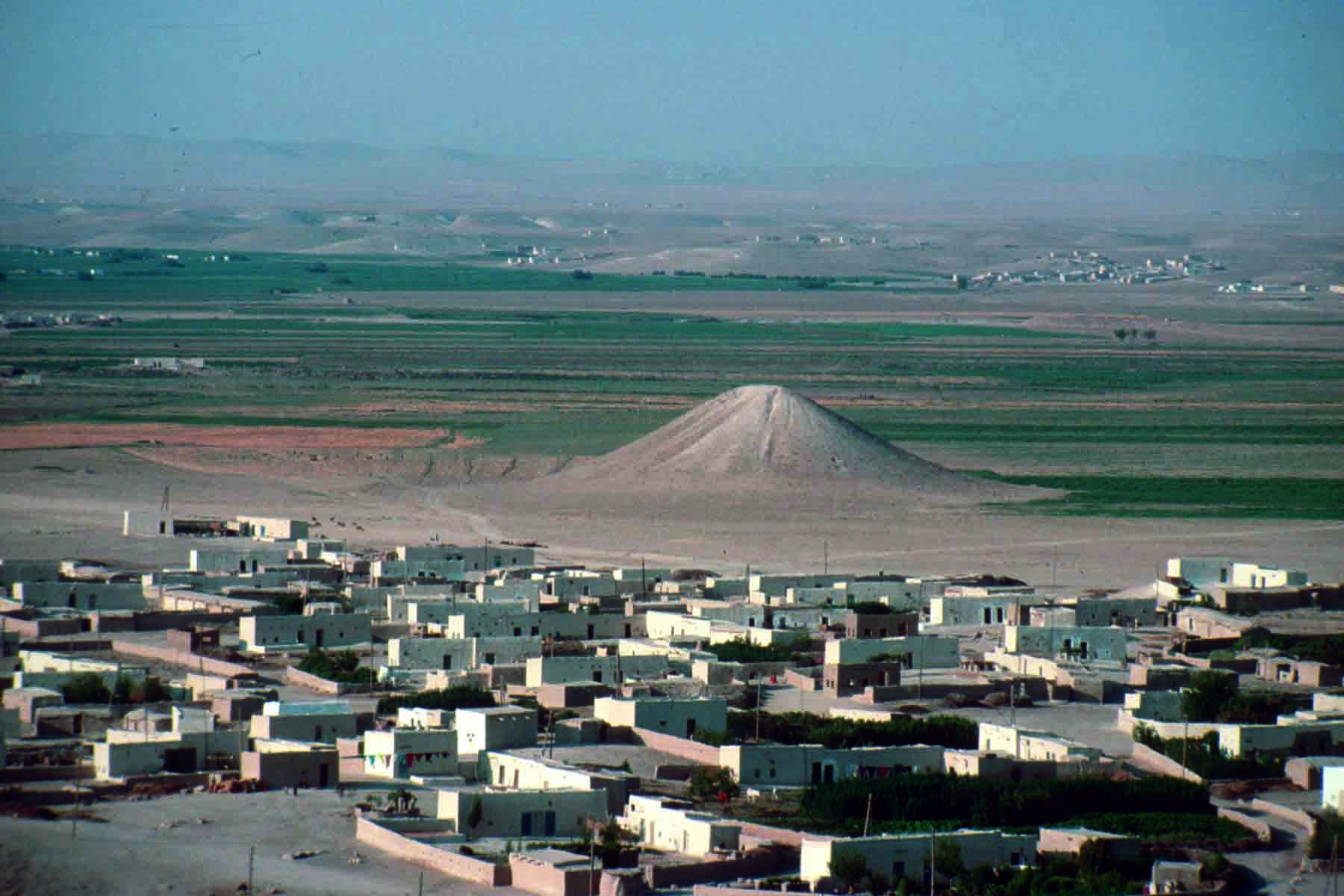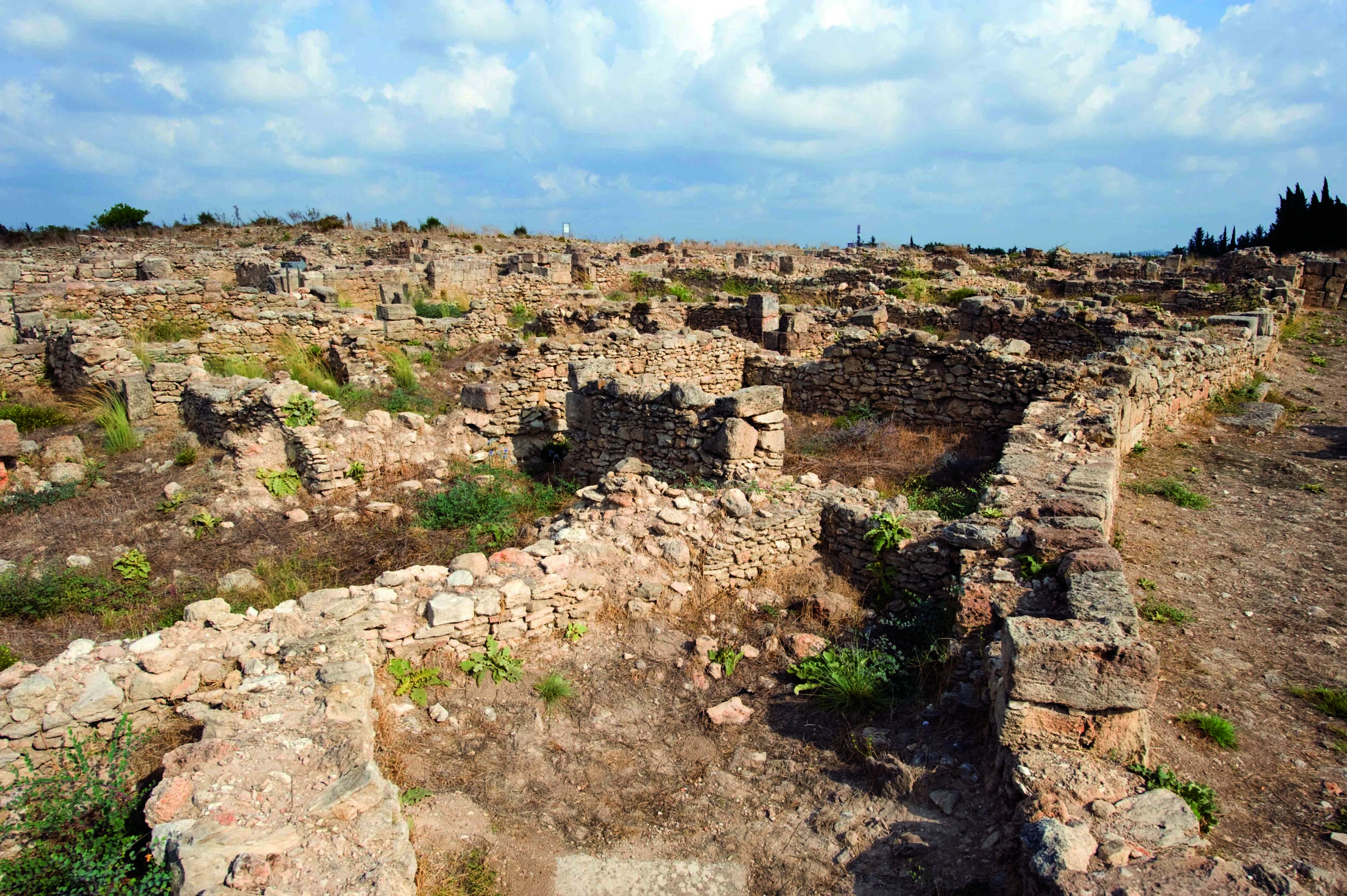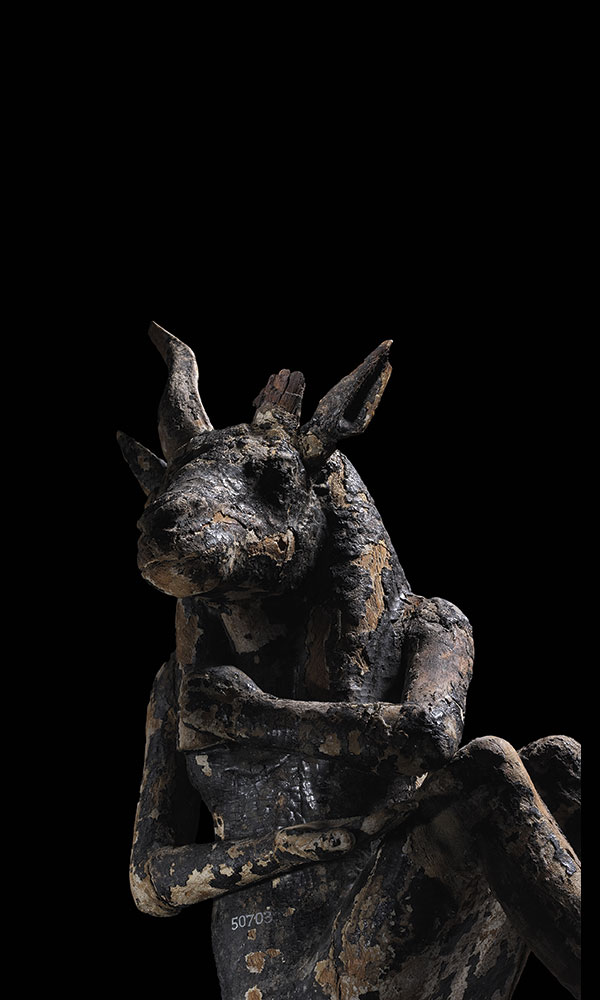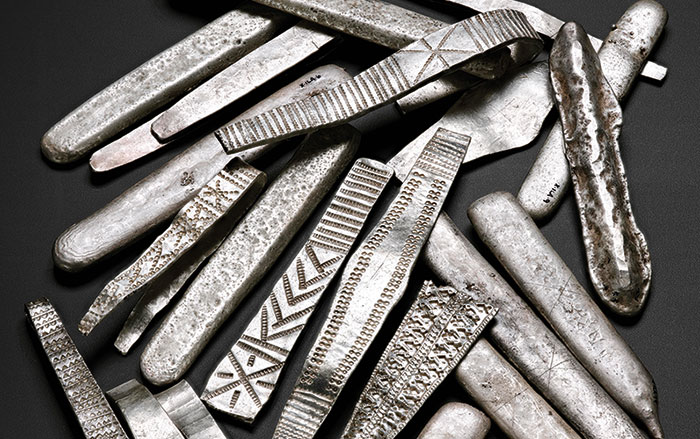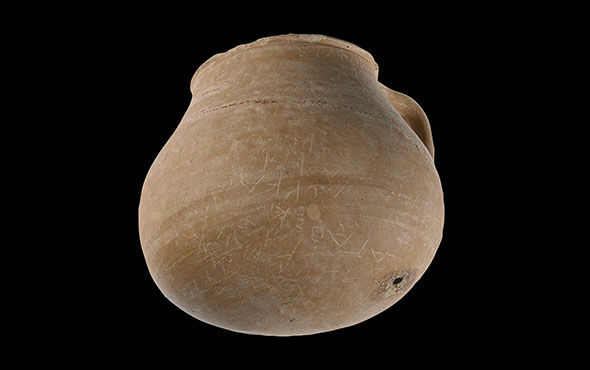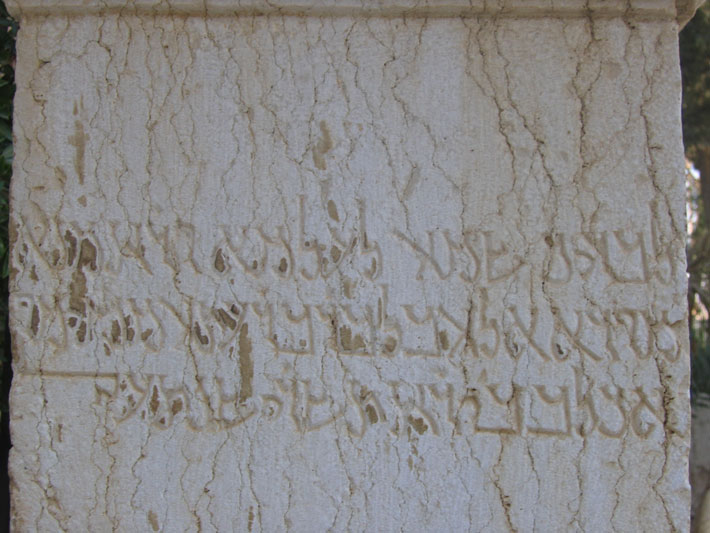
WROCŁAW, POLAND—Science in Poland reports that Aleksandra Kubiak-Schneider of the University of Wrocław examined more than 2,500 Aramaic inscriptions on stone altars from Syria’s ancient city of Palmyra. Most of these inscriptions date from the second to third centuries A.D., and all contain phrases such as “He whose name is blessed forever,” “Lord of the Universe,” and “Merciful.” For the past 100 years, scholars have referred to this unknown deity as the “Anonymous God of Palmyra.” But Kubiak-Schneider noticed that the ways in which the Palmyra inscriptions addressed this god were the same as the ways specific deities were addressed in hymns from Mesopotamia’s temples, and could refer to the same gods. In fact, “He whose name is blessed forever,” can refer to any male deity in hymns and prayers in Babylonia and Assyria, and could have been used in the same way in Palmyra, Kubiak-Schneider explained. “There was no one Anonymous God,” she said. “Every god who listened and showed favor to requests deserved an eternal praise.” Deities could have many names and titles that could be used in different situations by different people, she added. “Each name carries a different message, showing different aspects of deities worshipped in polytheistic systems, such as the one in Palmyra or in the cities of Mesopotamia, or the Roman Empire,” Kubiak-Schneider concluded. To read about a Bronze Age merchant city in Syria, go to "The Ugarit Archives."


